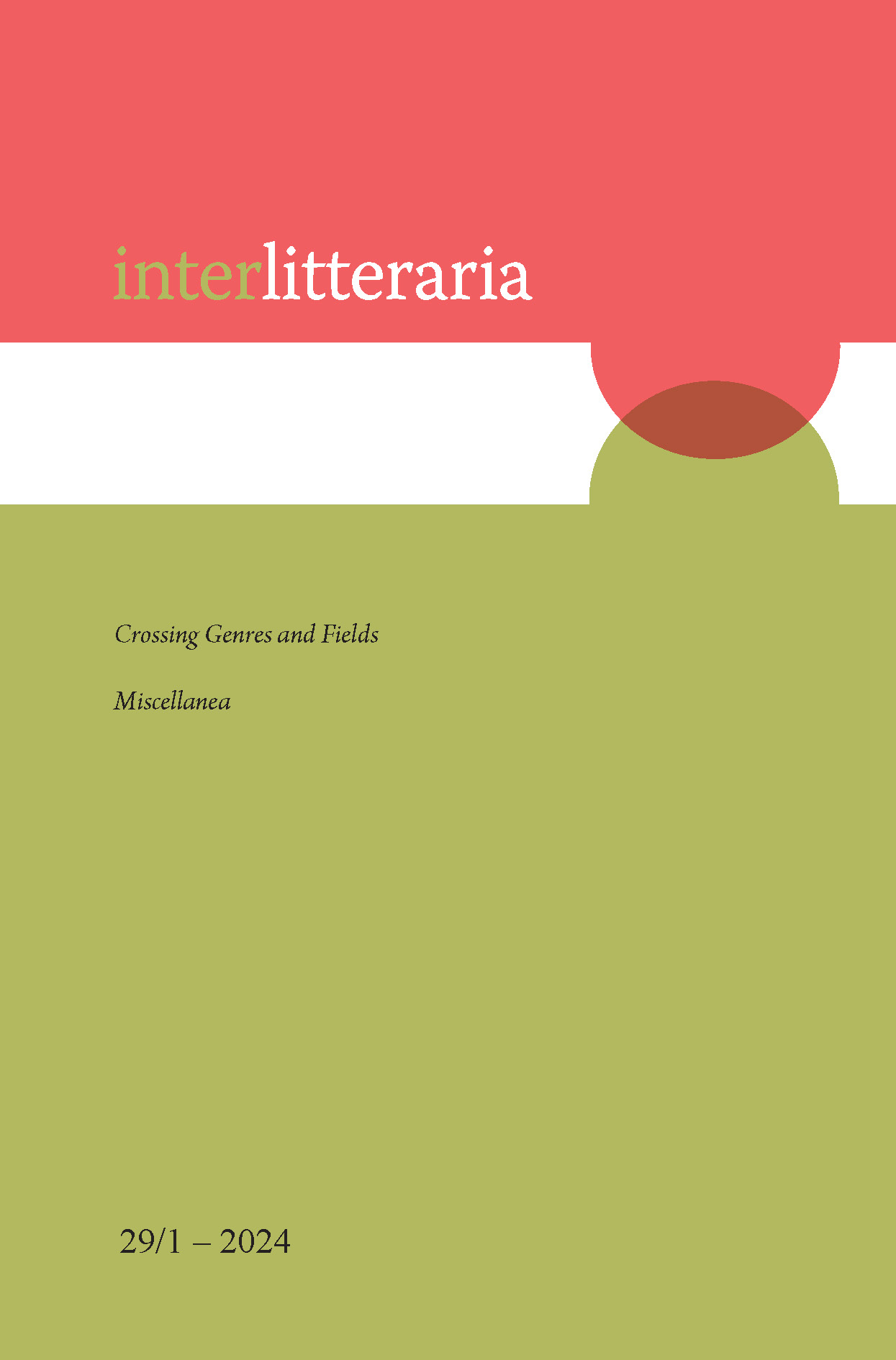Intertexte et réécriture du Drame de l’Homme, de la Femme et de Dieu dans 'Partage de midi' de Paul Claudel
DOI:
https://doi.org/10.12697/IL.2024.29.1.12Keywords:
Paul Claudel, Partage de midi, intertextuality, Tristan and Iseult, Song of Songs, Book of HoseaAbstract
This article examines the way in which Paul Claudel, in Partage de midi [Break of Noon], actualizes and rewrites several founding texts whose themes echo those of his play – which represents nothing more than the Drama of Man, Woman and God, based on an autobiographical source, Claudel’s love for Rosalie Vetch. In this perspective, we can distinguish two types of intertexts. The first is secular and corresponds to the legend of Tristan and Iseult, from which Claudel takes up narrative patterns and dramatic motifs, ranging from onomastics to the love potion drunk on the boat and to forbidden and fatal love. However, he places these elements in a different existential and religious context, marked by free will and the grace of a God who can always draw good from evil. The second intertext is with the Bible, in particular with two books of the Old Testament, the Song of Songs and the Book of Hosea, but also more broadly with the beginning of Genesis and the end of the Gospels, which allows Claudel to lead Mesa and Ysé to the repentance in the last act of the play and to affirm the reconciliation of Man and Woman in God.
Downloads
Downloads
Published
Issue
Section
License
Copyright (c) 2024 Samuel Bidaud

This work is licensed under a Creative Commons Attribution-NonCommercial-NoDerivatives 4.0 International License.
The contents of Interlitteraria are published under CC BY-NC-ND licence.


